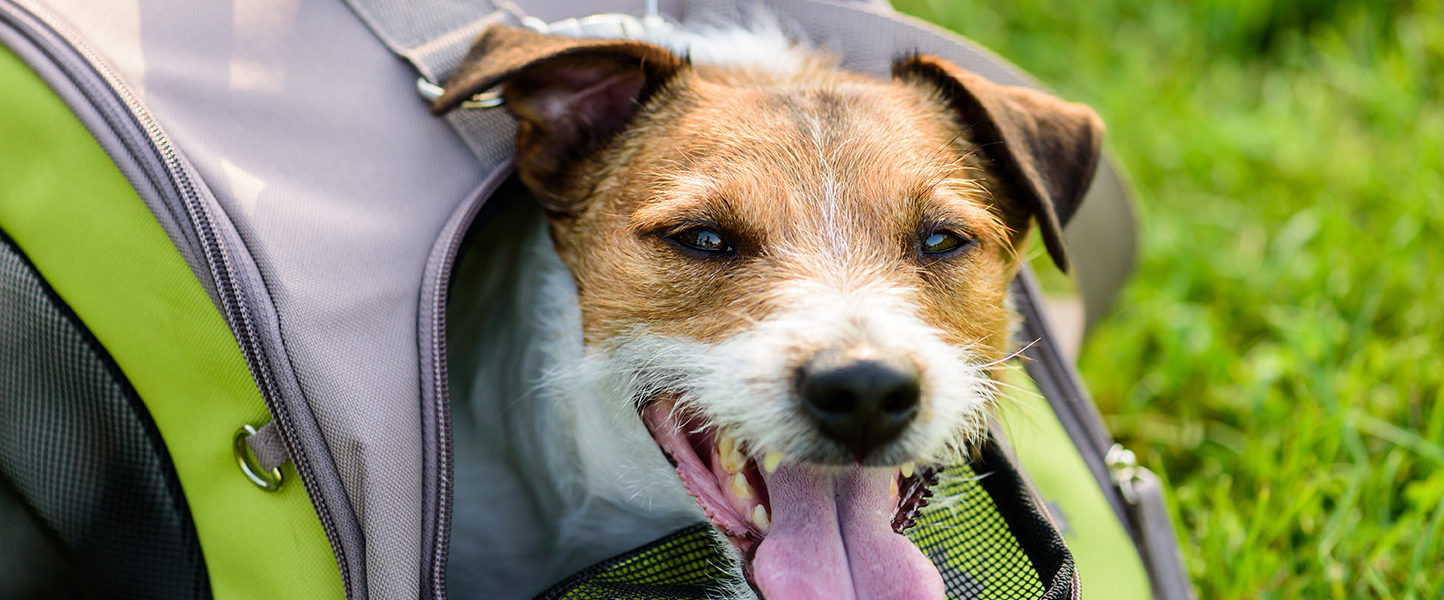
Whether it’s a day trip to the beach with your pets or a multi-day adventure, here are a few tips to make your travel plans go smoothly and make the most of the summer.
1. Accommodation: Before the trip, call ahead of time to check the policies of your accommodation regarding pets. Many hotels/motels will have strict policies regarding having pets on the premises. Checking ahead will allow you to rebook accommodation if required before travelling.
2. Getting them comfortable for the trip: A crate is a great way to provide a safe and comfortable space for your pet. It also allows them to be confined if required during the trip. The crate should be large enough that they can stand and turn around. Line the bottom of the crate with soft bedding and provide toys and food puzzles to keep them distracted on the drive.
3. Getting them used to traveling: If your pet is not used to being in the car, it will pay to desensitise them to traveling by starting off driving only short distances around the neighbourhood, increasing the time and distance gradually. If carsickness is a concern for your pet have a chat with your vet regarding anti-nausea medication that will make the journey much more pleasant for everyone!
4. Traveling in the car: If your pet is not traveling in a crate, make sure that they are unable to stick their heads out of the window or distract the driver as this can lead to injuries and accidents. In addition, do not allow your pet to travel in the back of an open truck as this can lead to severe injuries or death.
5. Plan toilet breaks: We can easily lose track of time while traveling, so make sure to plan stops in advance to allow you pets to toilet and stretch their legs. Packing extra bags to clean up after them is also a must!
6. What to bring with you: Make sure you have enough water and food, as well as collapsible water bowls, toys, collars or a sturdy harness and leashes. In addition, some paperwork – such as vaccination history and medical conditions – may prove useful in the event of an emergency.
7. Vet check-up: Prior to a big trip it may pay to have a check over at your local Vetlife clinic to make sure that they are fit and healthy for the trip. In addition, if your pet is on any medication, it will allow you to double check whether you have enough for the trip. There is nothing worse than having a medical emergency on the road.
8. Planning for an emergency: In the event of an emergency, having your pet seen as soon as possible can make a large difference. Prepare for this by finding out where the closest emergency vet clinic is located and save their phone number in your phone. Vetlife have vet clinics all over the South Island. Also make sure that your pet is microchipped and has an identification tag on them, including your address, name, and contact number in the event that they become separated from you.